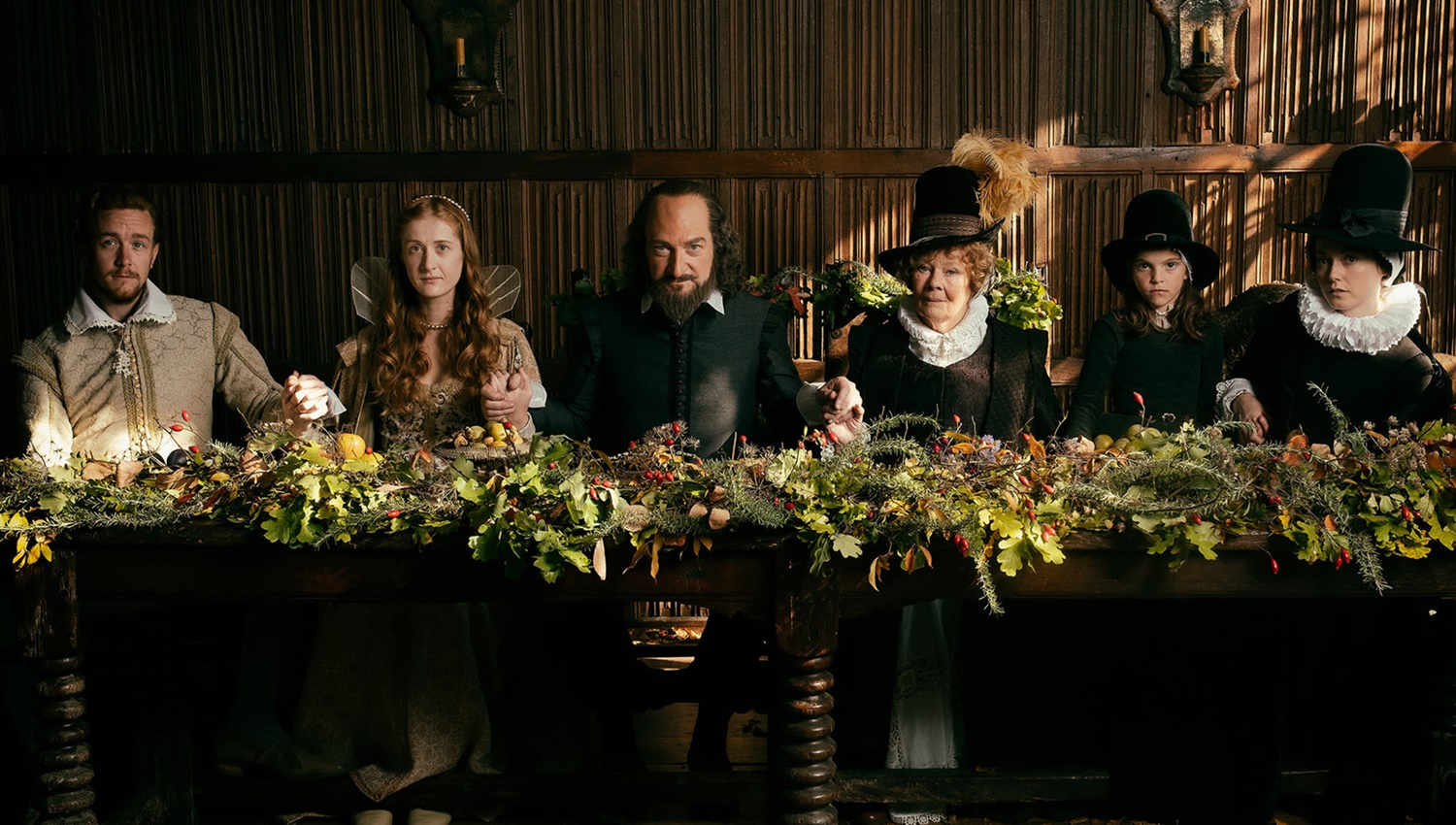
All is True
Dustin Chase
Television and documentary screenwriter Ben Elton fills in the gaps of William Shakespeare’s later life with drama and intrigue. His first acting and directing gig since “Murder on the Orient Express,” Kenneth Branagh is nearly unrecognizable as the famous poet and playwright. Together Elton and Branagh present a unique dive into the lesser-known facets of Shakespeare, humanizing someone in a way that we have scarcely seen on the big screen lately. “All is True” comes from the alternate title of Shakespeare’s final play, Henry VIII. The entire cast delivers dedicated performances, but it’s the conviction of Kathryn Wilder as Shakespeare’s youngest daughter, that really stands out. McKellen’s one scene is a delightful return of the veteran actor back to feature film.
After The Globe theater in London burned to the ground in 1613, William Shakespeare (Branagh) one of the most highly regarded men in Europe retired back to his home in Stratford-upon-Avon. Long had he been away from his wife Anne (Dench), and his two daughters Susannah (Wilson) and the unmarried Judith (Wilder). Instead of being welcomed to the Village with open arms, Shakespeare finds resentment from his family and little of the celebrity he enjoyed London from his neighbors. “I’ve lived so long in an imaginary world that I have forgotten what it’s like to be in the real one,” he notes. He takes up gardening as a respite from the arguments, fights and scandals that have plagued his return. He is haunted by the memory of his late son Hamnet and slowly begins to learn the truth surrounding his death.
The passion behind Branagh’s performance is ultimately what moves the audience to care about this blending of fiction and history.
Branagh is exploring the delicate balance of fame and family in “All is True.” We see Shakespeare’s spirit slowly decline as he comes to terms with what his success has cost him as a husband and father. Dench (“Red Joan“) gives a quite engaging performance as the discarded wife who can’t read or write. Anne Shakespeare, who was 8 years older than Shakespeare, makes her discontentment known with sarcastic little jabs through which we grow to understand her character. As Elton uses historical facts to base the assumptions he used to fill out the story, it feels believable enough and with a title like “All is True,” audiences are encouraged to accept it all as fact. The film’s climax comes from the slow unraveling of the details of Hamnet Shakespeare’s death. The mystery unfolds like a Hercule Poirot case, the truth is quite heartbreaking, and Wilder’s part in the story is quite a performance.
“All is True” teeters between intriguing and tedious. Branagh once again illustrates a subtle but significant difference between British drama and its American counterpart– the extensive use of monologue to move the story along. There are multiple scenes in the film where one character is having an outburst, as the other characters stand by listening and absorbing. Cinematographer Zac Nicholson (Les Miserables,The Kings Speech) uses beautiful natural lighting and warm tones on the exterior shots to make the film feel cozy and lived in. The passion behind Branagh’s performance is ultimately what moves the audience to care about this blending of fiction and history.
Final Thought
Devoted performances and fact-based, well-thought-out assumptions of Shakespeare’s final years save "All is True" from drabness.
